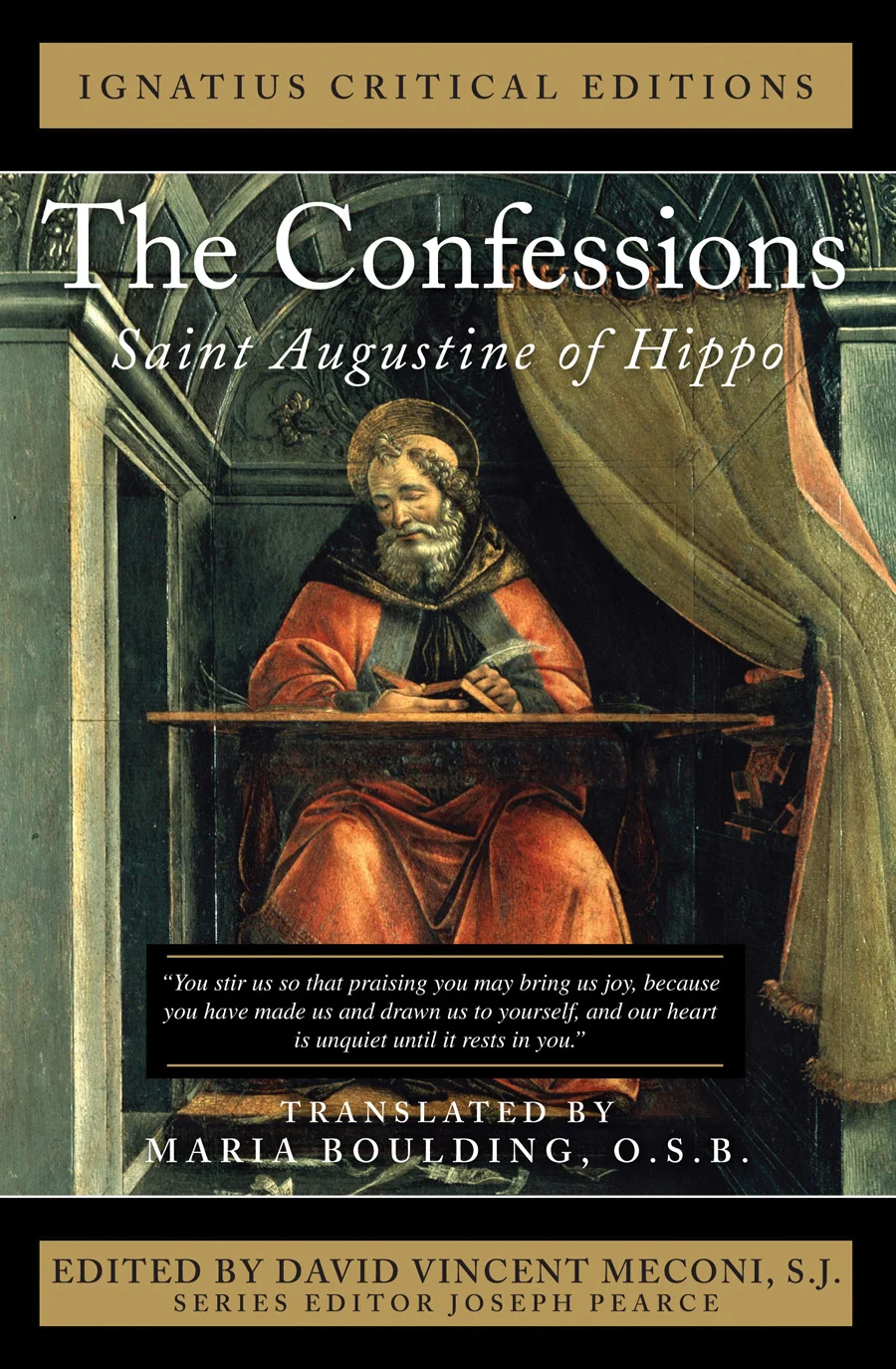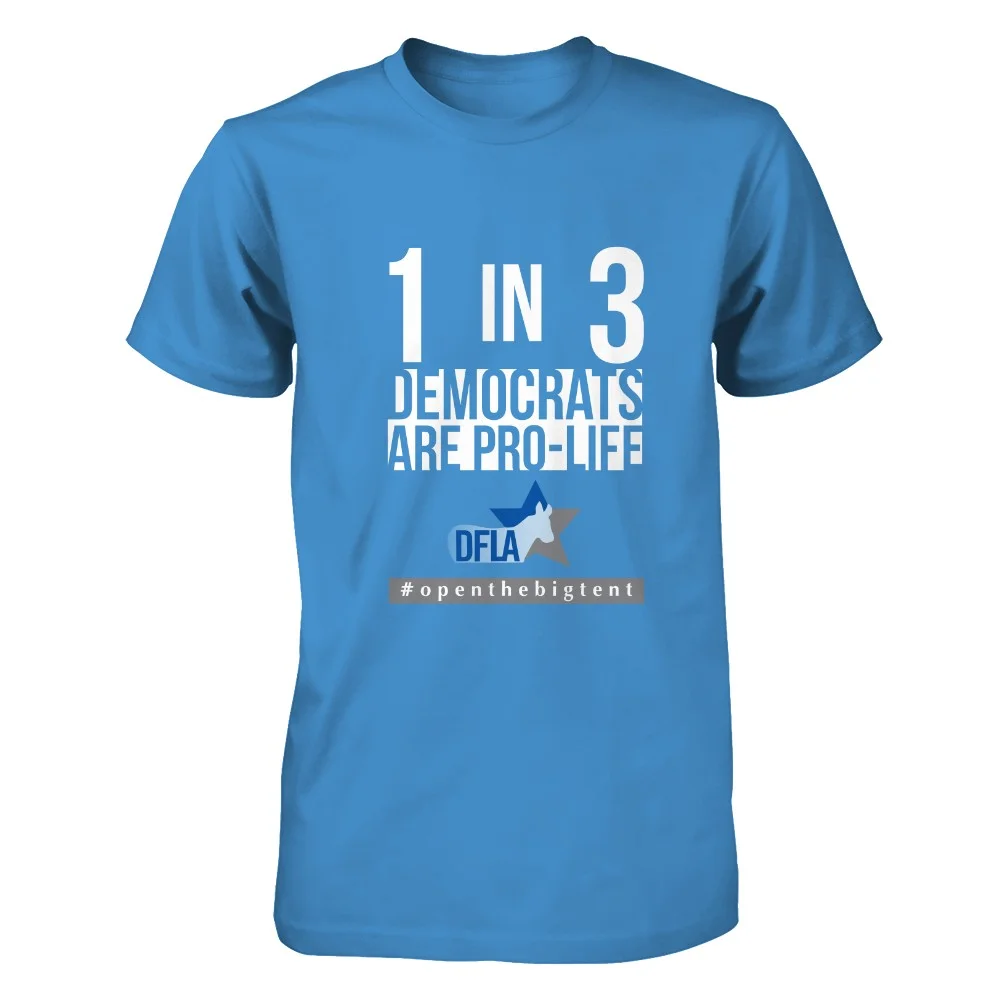Any history of Catholic thought, and the rise of Western culture, has to mention the turning point in the conversion story of Aurelius Augustinus.
During a time of inner torment, the young man from North Africa withdrew into a garden. As Pope Benedict XVI told the story in 2008, he "suddenly heard a child's voice chanting a rhyme never heard before: tolle, lege, tolle, lege -- pick up and read, pick up and read. He … returned to the Pauline codex that he had recently read, opened it, and his glance fell on the passage of the Epistle to the Romans where the Apostle exhorts to abandon the works of the flesh and to be clothed with Christ."
The man who became St. Augustine picked up that book and, thus, he "changed himself and changed our world," said journalist Peggy Noonan, in her May 13 commencement address at the Catholic University of America.
That was the punch line in her urgent appeal for the graduates to grasp that there is much more to life than the fleeting contents of the glowing, omnipresent screens that dominate their days and nights.
Instead, the winner of the 2017 Pulitzer Prize for commentary urged them to "embark on a lifelong relationship with a faithful companion who will always help you and sometimes delight you -- who will never desert you, who will make you smarter, and wiser, who will always be by your side and enlighten you all the days of your life.
"I am talking about -- books. You must not stop reading books. That's all. If you seek a happy and interesting life, one of depth, meaning and accomplishment, you must read books."
Noonan said she certainly couldn't tell her own story without referencing one book after another, from biographies she read as a child to "Saints for Sinners: Nine Desolate Souls Made Strong by God," which as an adult "helped me understand that I was a Catholic and believed it all." Her love of history, which helped shaped her speechwriting for presidents Ronald Reagan and George H.W. Bush, came from shelves of books.
The closest Noonan came to talking politics -- she made only two passing references to the current president -- was to note the degree to which the story of 2016 was told by journalists raised in cyberspace.









